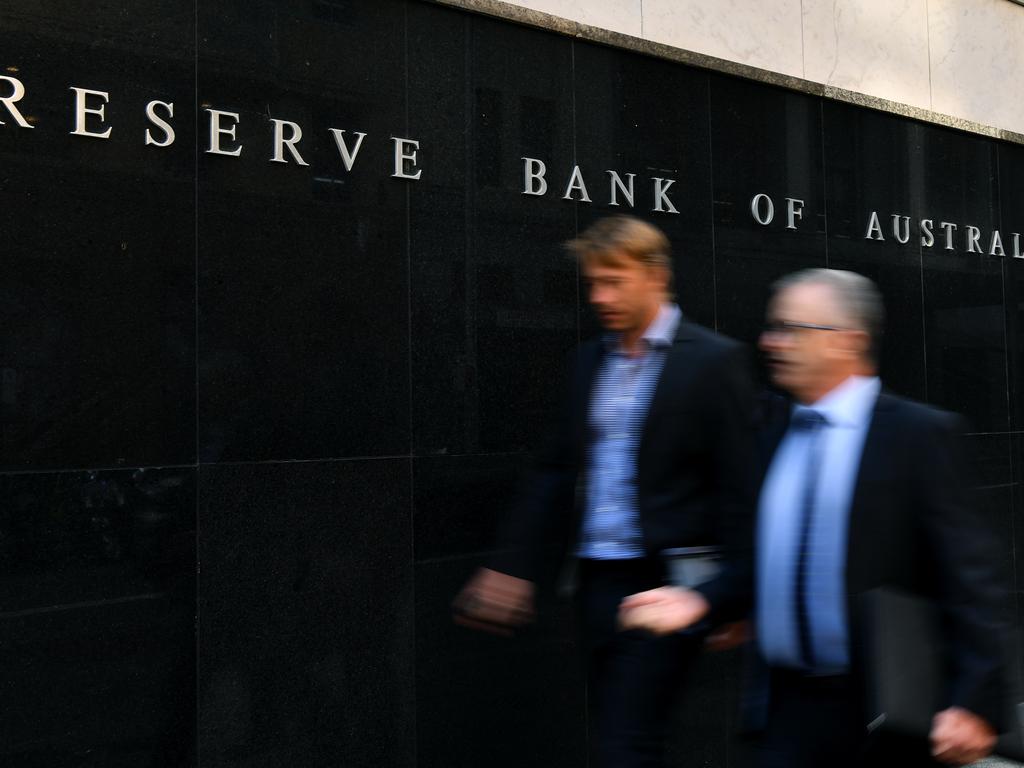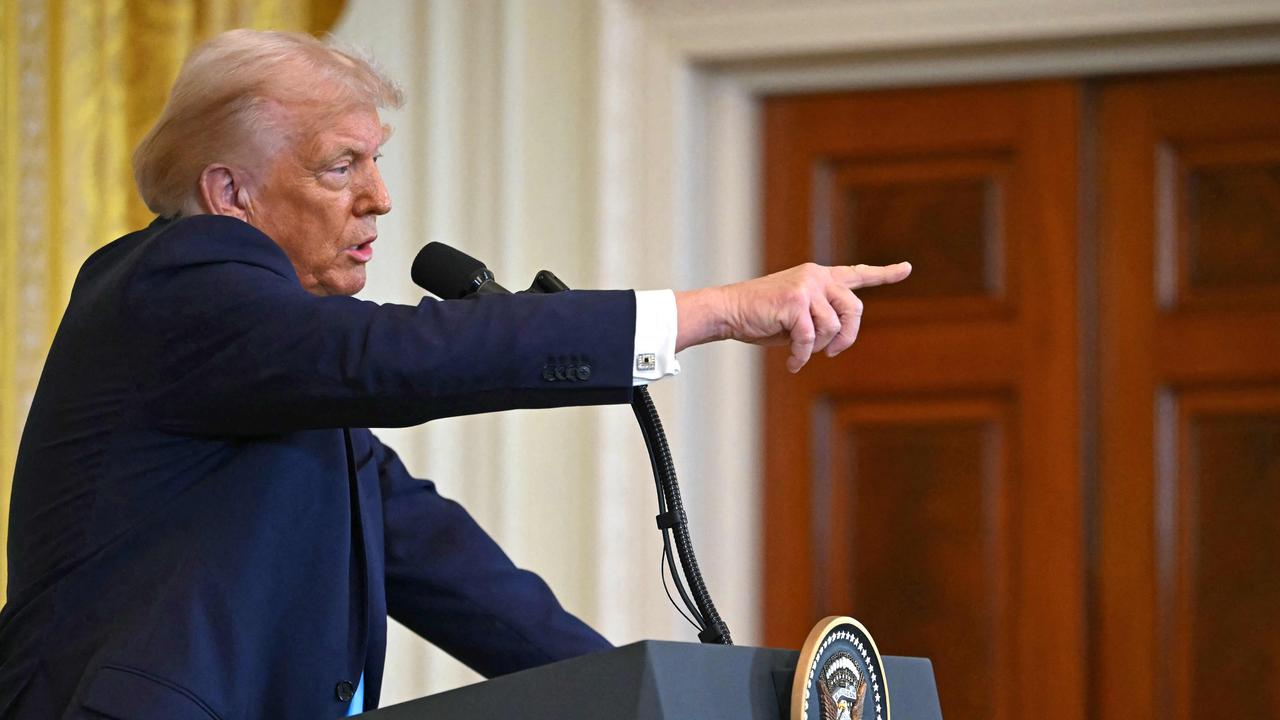Westpac’s Bill Evans tips open-ended target for RBA bond purchases
Westpac chief economist Bill Evans argues that the RBA could go for an open-ended target for an expanded bond buying program.

Westpac chief economist Bill Evans argues that the RBA could go for an open-ended target for an expanded bond buying program at its meeting next month.
“We had not envisaged the board setting a specific quantity target for the purchase program,” he said in a report. “It is already setting a price target for the 3-year rate. Fixing both price and quantity may lead to unexpected difficulties down the track.”
He noted that the markets “seem to differ, expecting a total purchase program and a weekly timetable for purchases”.
An open-ended commitment “might cause market disappointment” with a potential lift in market yields and the Australian dollar.
“If I was making the decision I would value flexibility over a possible short-term over-reaction,” Mr Evans says.
The RBA’s balance sheet is standing at $300bn or 15 per cent of GDP — slightly less than the RBNZ and below the Bank of Canada at 20 per cent, while the Bank of England and Federal Reserve are around 33 per cent and the ECB is at 47 per cent.
“I expect that RBA would factor in a further increase in the balance sheet to, say, $450bn as the Term Funding Facility is fully drawn down by June next year,” Evans said. “In a world of consistent underperformance on inflation targets by central banks we are certainly, in the case of Australia, a fair way away from any upper limit.”
While the RBA would need to boost its balance sheet by $100bn to reach the Bank of Canada’s 20 per cent of GDP, he pointed out that there was still $114bn in undrawn capacity in the TFF.
Increasing the balance sheet to $450bn would represent a 250 per cent increase on the pre-COVID level, compared with the Fed’s increase of around 90 per cent since COVID.
That equates with a balance sheet of 23 per cent of GDP — higher than the Bank of Canada and RBNZ, but still well below the ratios of the Fed and BoE.
“It is ironic that the RBA is likely to announce a suite of policies that will, in part, be directed at the Australian dollar,” he said.
“Currency markets are notoriously pre-emptive. Arguably, the impact on the dollar from these RBA policy changes is already behind us.”







